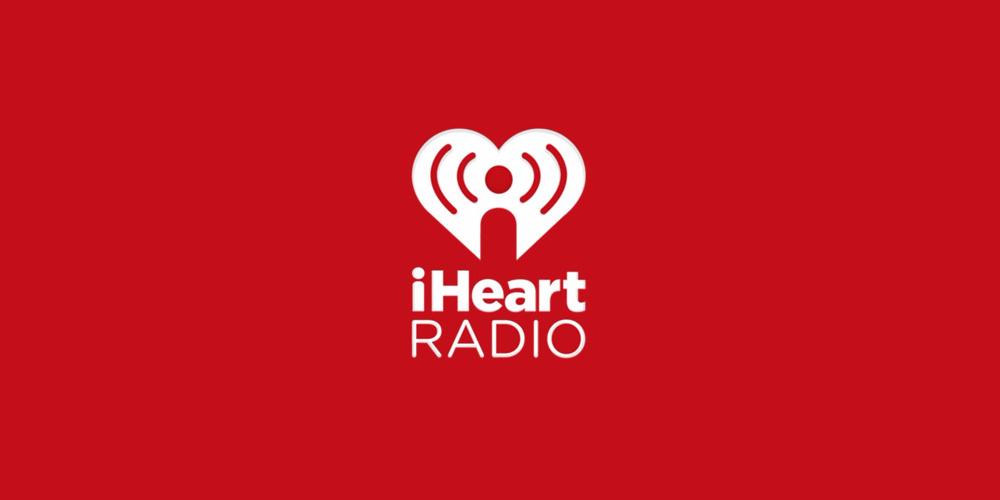iHeartMedia battles $20 billion debt – will it survive another year?

Will iHeartMedia survive another year? Its parent company is trying to restructure its US$20 billion debt before billions of dollars of interest repayments come into play in 2018.
It’s warning that America’s largest operator of radio stations might go into Chapter 11 filing, as equity owners Bain Capital and Thomas H. Lee Partners try to gain more time to pay off $14 billion, and to reduce the extent of the debt.
Bain Capital and Thomas H. Lee Partners took on the $20 million debt when it bought for $24 billion Clear Channel Communications, as iHeartMedia was known then.
The offer is to swap current loans and bonds worth $8 billion with fresh ones which mature at a later day (generally by two years), and offering shares in its $2 billion-valued billboard advertising company Clear Channel Outdoor Holdings.
The deal also calls for a lower interest repayment of 2%.
According to the deal, if there was low participation in the offer, new bonds would be discounted 12% and offer 88 cents to the dollar. Mid-level participation would mean a 17% discount and 83 cents to the dollar.
High participation would lead to a 25% discount paying 75 cents to the dollar.
But bondholders have thrice rejected the offer since mid-March, the last on April 20, with low and mid-level participation paying 90 cents to the dollar.
So owners are now threatening that unless the offer is accepted, it may have to go into Chapter 11 filing, which likely could result in a much lower payout: “Management anticipates that our financial statements to be issued for the three months ended March 31, 2017, will include disclosure indicating there will be substantial doubt as to our ability to continue as a going concern for a period of 12 months following the date the first quarter 2017 financial statements are issued.”
Financials released by the company showed that by January 2018, a $305 million receivables-based credit facility will mature, and $112 million in notes be redeemed.
It has another $8.3 billion of debt coming due in 2019.
Frankly, it says, it doubts generating enough revenue to pay these. Last year it generated gross earnings of $2.14 billion with a net loss of $402.4 million.
If its earnings are the same for 2017, the additional $417 million due in January and the $1.85 billion annual interest expense would wipe out its year’s earnings.
Some investors say that a Chapter 11 filing is almost inevitable. Creditors will get nothing and the shareholders will be wiped out.
However, iHeart and the US radio sector have their supporters in the investment world.
Sure they’ve lost ad dollars to the sexier streaming services as Spotify and Pandora – and to the likes of Google and Facebook with their data which allows them to target specific markets.
But radio still has the largest weekly reach in the US, with 93% of adults consuming it on a weekly basis, Nielsen found in a report in February.
In 2014 and 2015, radio ad sales were down 3% in 2014 and 2015, while digital ad revenue grew 9% and 5%, according to the Radio Advertising Bureau.
In 2016, radio ad sales shrunk 3.1% to $14 billion. Magna Global forecasts a further drop of 3.4% to $13.5 billion in 2017.
As far as iHeart is concerned, investors are impressed by the fact that it aims to restructure its debts this year.
It also diffuses any debates of traditional radio versus digital. It says it is also a leader in digital, with the fastest-growing digital radio service in the U.S. and plans to launch an on-demand offering in January.
iHeart started out as a single radio station in San Antonio, Texas, in the early ‘70s. It now operates 850 radio stations across the U.S. (which provide 54% of its revenues) and went into a local partnership with an Australian radio network.
In 2011, one time MTV President Bob Pittman was brought in as CEO. A skilled marketing executive, he rebranded the company as a futuristic tech company. Its headquarters was turned into a spaceship with lasers and plastic pods.
A new management team was brought in and the brand extended to the star-studded but medium-rating iHeart concert series and the iHeart awards.
The brand became cool but its financials continued to be bleak, with six straight annual losses. In the first quarter, revenue fell 2.4% to $1.33 billion, while expenses rose 3%. Operating income fell 73% to $114 million.
As of March 1, it had $365 million in cash, including $220.6 million of cash held by Clear Channel Outdoor.
Earlier this month, iHeart managed to get dismissed a lawsuit filed by one of its major shareholders (Mario Gabelli’s Gamco Asset Management, with almost 10%) that iHeart executives were violating their legal obligations to shareholders by moving funds from Clear Channel Outdoor to pay iHeart debts.

































